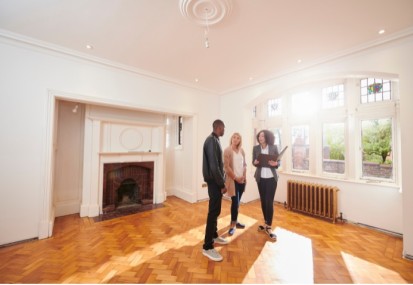There are three main types of survey: a mortgage valuation; a homebuyer report and a building survey.
If you are buying your new home with a mortgage, then your bank/building society will normally insist on a mortgage valuation to establish that the property is good security for the loan. The buyer will normally pay for the mortgage valuation, but very rarely gets a copy of the report, so we always recommended that you arrange your own survey too.
A homebuyer report is ideal for more conventional residential property, built within the past 75 to 100 years. The report will include a detailed report on all visual aspects of the property that are available for inspection.
A building survey (also referred to as a full or structural survey) is suited to older properties, or properties which may have different forms of construction or undergone major changes.
Peter Ball & Co always recommend local, independent surveyors that are familiar with the local types of construction and know our local areas well. We are happy to put you in touch with our recommended local surveyors who will be able to discuss the type of survey needed for your purchase.
Often a private survey can help you avoid expense in the future by highlighting defects you may not have spotted, but as a minimum it should reassure you that everything is okay with the property.



 June 24th
June 24th
 June 16th
June 16th
 June 6th
June 6th
 May 30th
May 30th
 May 30th
May 30th
 May 29th
May 29th
 May 29th
May 29th
 May 28th
May 28th
 May 28th
May 28th
 May 27th
May 27th
 May 27th
May 27th
 May 26th
May 26th
 May 20th
May 20th
 May 19th
May 19th
 May 13th
May 13th
 May 9th
May 9th
 April 29th
April 29th
 April 24th
April 24th
 April 22nd
April 22nd
 April 14th
April 14th



